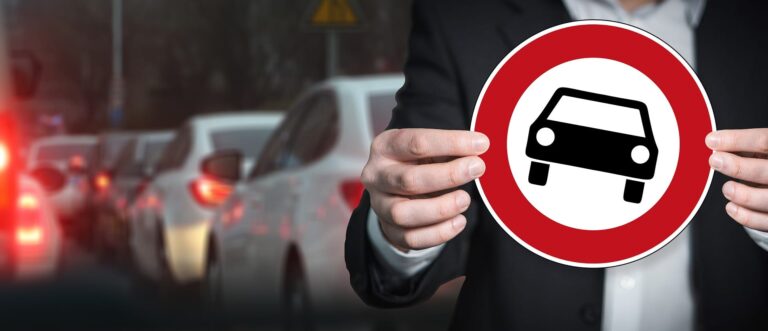Four major cities have decided to participate in a diesel ban in an attempt to improve the air quality in their cities and tackle pollution. The mayors of Madrid, Athens, Paris and Mexico City all agreed to implement these changes after the biennial meeting of city leaders in Mexico. They plan to abolish the use of diesel vehicles in on roads by 2025- each through their chosen methods; In Mexico City, emissions will be cut down through investing in public transport; and in Athens, the aim is to clear the city centre of all cars. The promotion of public transport and electric vehicles will also support the switch from diesel fuel.
The use of diesel fuels is becoming a larger concern as pollution levels are at an all time high in major cities such as Paris and London. In fact, the exhaust particles produced from diesel, or soot, is one of the largest contributors to ill health and global warming. Diesel vehicles are therefore the most polluting vehicles, pushing the notion that we need both fewer and cleaner vehicles on our roads.
One of the ways in which this can be achieved is by providing alternatives to drives- such as cycling, public transport and ride sharing. By collaborating with car and bus manufacturers, as well as governments and city authorities, alternative means of transport can be introduced and implemented.
London has been urged to join in with the diesel ban as it saw its levels of pollution soar, with various areas being in breach of the legal levels of nitrogen dioxide set by the EU and WHO. Sadiq Khan has already imposed plans for the Ultra Low Emissions Zone (ULEZ) in central London to come into action in September 2020. The ULEZ will cover the same zone was the existing Congestion Charge zone and users will be liable to pay a charge of up to £10 per day if they do not meet the exhaust emissions standards. This scheme is planned to operate 24/7.
Correspondingly, Sadiq Khan has expressed plans for an early launch of the ULEZ, proposing its introduction in 2019 instead- a year ahead of schedule. Khan has also proposed extending the zone to the North and South Circular. To support this, TFL will ensure that any busses that are to operate in the ULEZ will be either hybrid, fully electronic or hydrogen powered.





